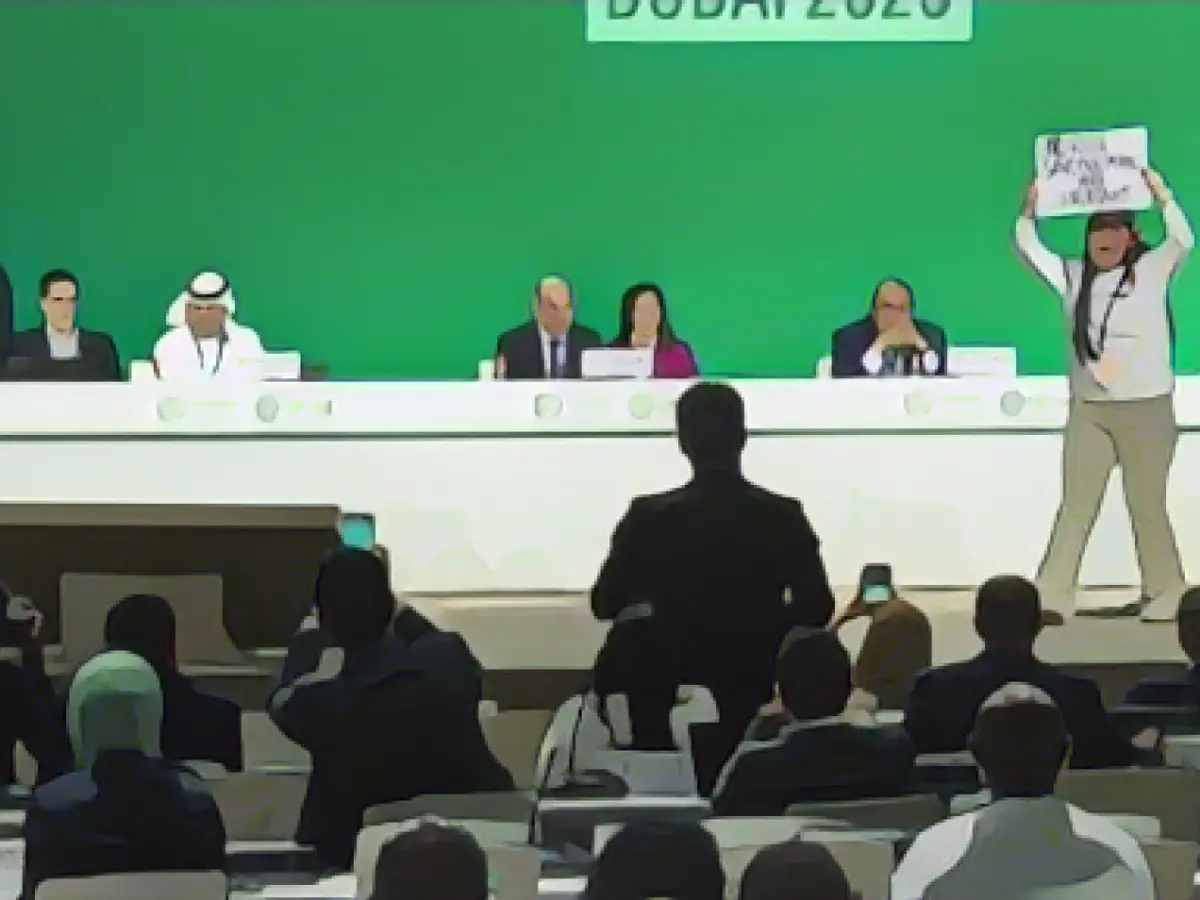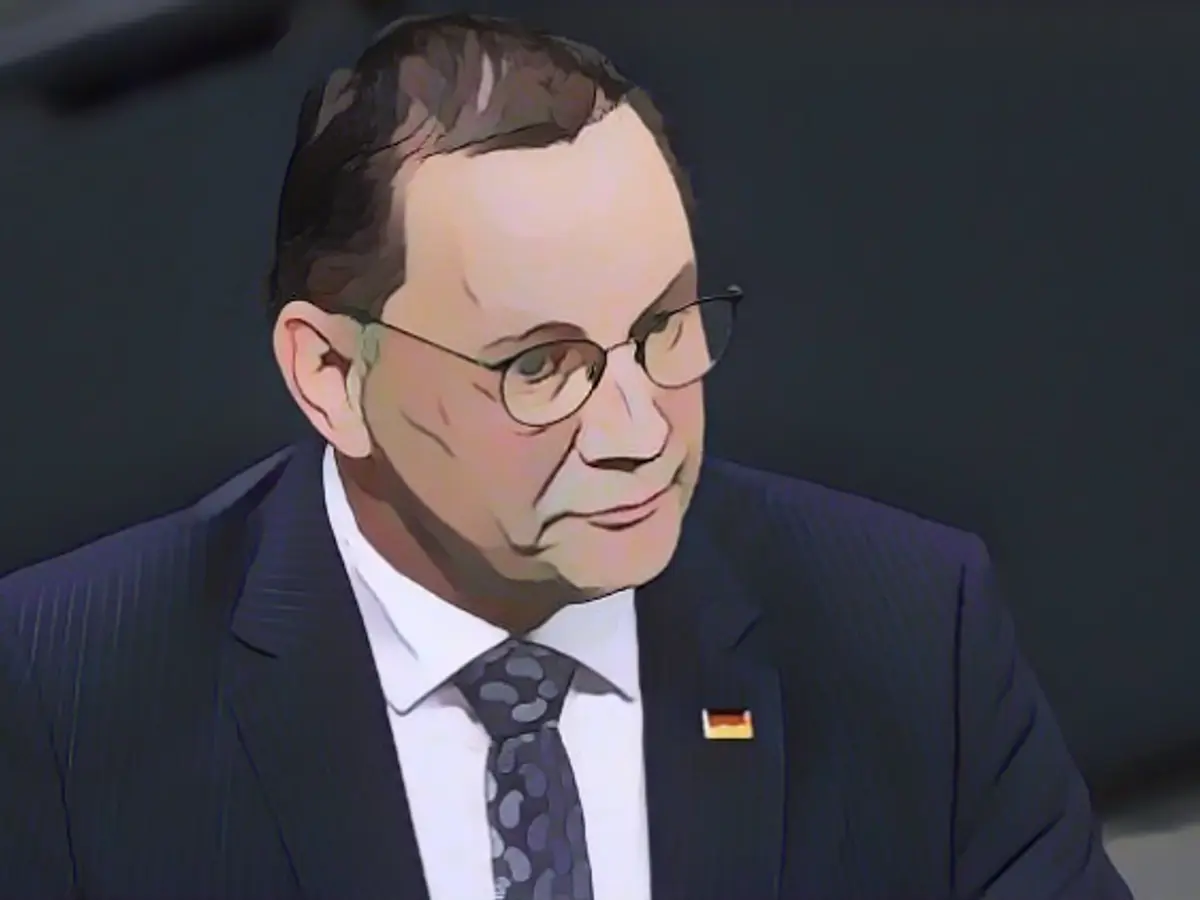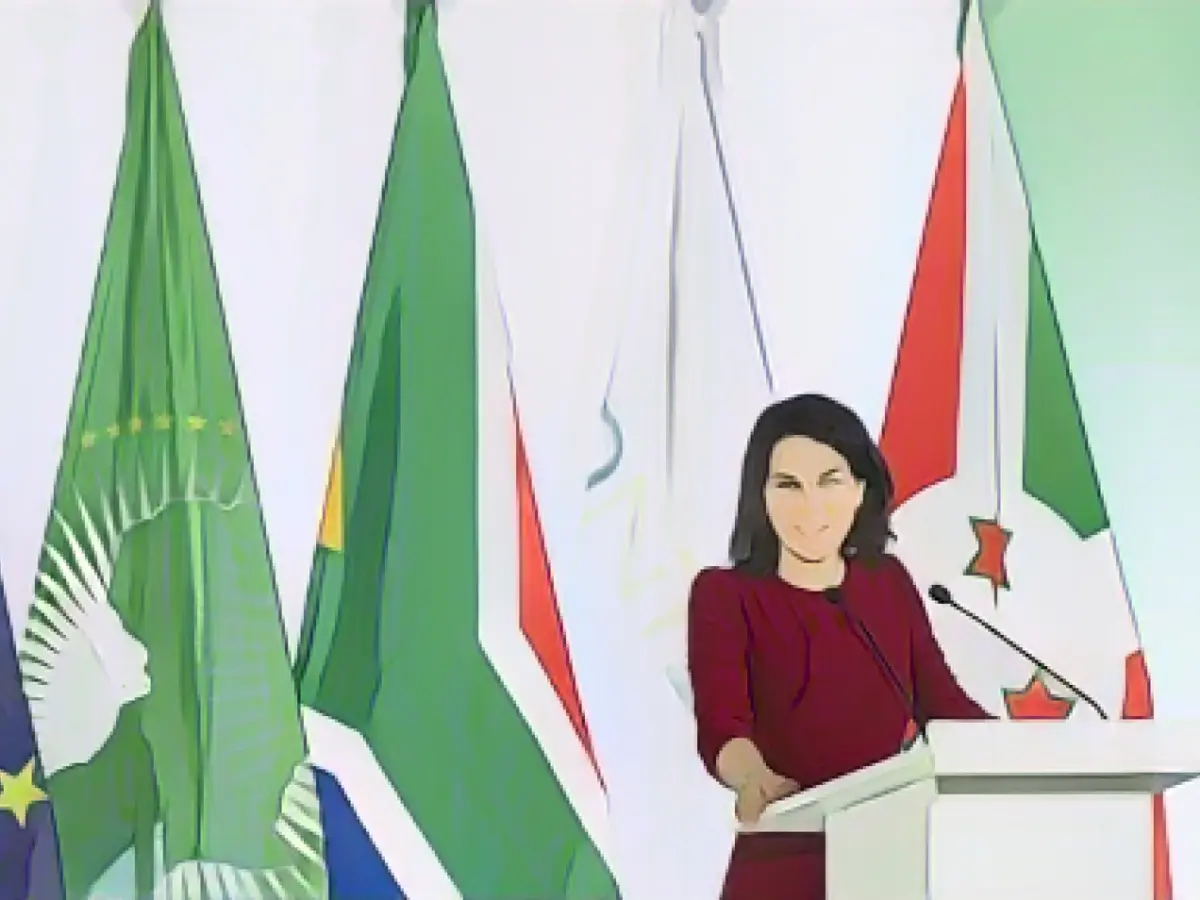Dubai's World Climate Conference: A Late-Night Marathon Over Fossil Fuels
The 28th United Nations (UN) climate conference, COP28, under the presidency of the United Arab Emirates, was expected to wrap up by Tuesday morning. However, the draft resolution submitted on Monday was rejected by around 130 nations, leading to a tense, all-night negotiation session.
As reported by various sources, numerous countries, including Germany and the EU, heavily criticized the draft resolution. They described it as disappointing due to the absence of a unified commitment to phase out all fossil fuels, with vague mentions of reduced oil and gas use by mid-century instead. This lack of ambition left some Western negotiators surprised. European Climate Commissioner Wopke Hoekstra even made a note of the "super-majority" against the proposed resolution.
Germany's Climate Minister Annalena Baerbock commented on the draft text by saying it was not only damaging to the environment but also the economy. According to her, companies need clear guidelines on worthwhile investments to avoid wasting resources on outdated technologies.
On the other hand, the US climate envoy John Kerry, known for his pro-energy transition stance, acknowledged progress in the negotiations. Meanwhile, Zambia spoke on behalf of African nations, voicing support for a complete phase-out of fossil fuels after receiving financial aid from oil-producing African countries.
These negotiations were marred by disagreements between powerful nations like China and Saudi Arabia. The former negotiators admitted that China was not "fighting" against the fossil fuel phase-out initiative but chose not to engage actively either. On the other hand, Saudi Arabia, an oil-rich nation, was reportedly unwilling to compromise on any fossil fuel phase-out plans.
Several countries from the Organization of Arab Petroleum Exporting Countries (Oapec) supported Saudi Arabia. Kuwaiti Oil Minister Saad Hamad Nasser al-Barrak criticized the push for fossil fuel withdrawal as "racist and colonialist," calling it a denial of basic energy sources.
The COP presidency announced that the conference decision had to be taken by consensus. COP28 Director-General Madschid al-Suwaidi noted that the draft resolution had enabled "honest, practical, pragmatic discussions" on each delegate's respective "red lines." NGOs protested against the "technically unprofessional" draft resolution presented by COP President al-Jaber. They argued that it did not represent the broad majority in favor of a global phase-out of all fossil fuels.
Key Insights
- Despite disagreements and resistance from some powerful countries like China, Saudi Arabia, and several Oapec countries, there is still significant support for phasing out fossil fuels.
- Concerns about the negative environmental and economic consequences of not transitioning away from fossil fuels have driven many nations to take action.
- Financial and technological support are essential for nations, especially developing ones, to transition to cleaner energy sources without facing economic hardship.
Further Reading
[3]: <https://www.theparisagreement.com/2022/11/06/forefront-of-historic-progress-or-the-sound-of-one-hand-clapping-cop28-day-5/"Forefront of Historic Progress or the Sound of One Hand Clapping? - COP28, Day 5")








